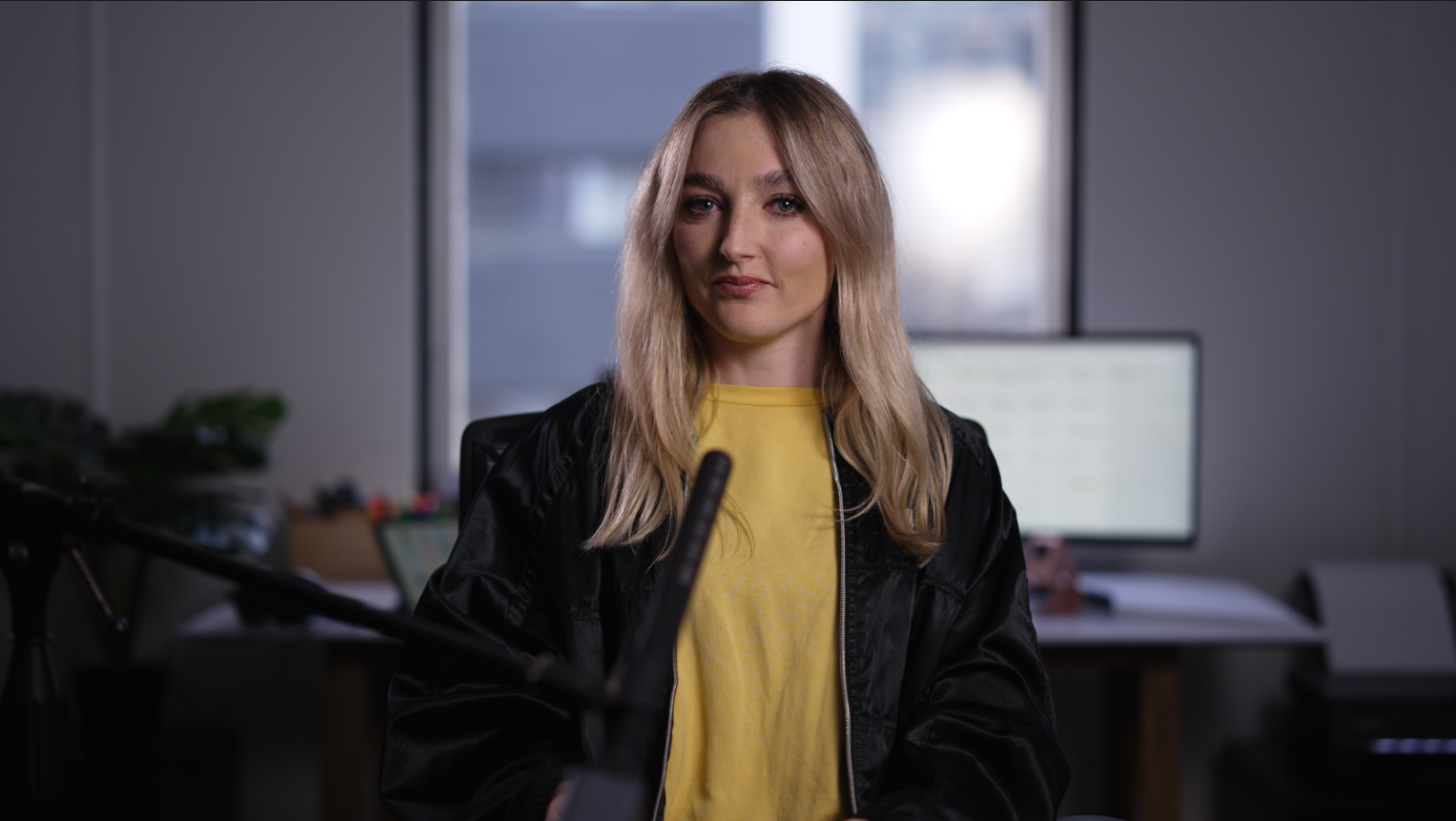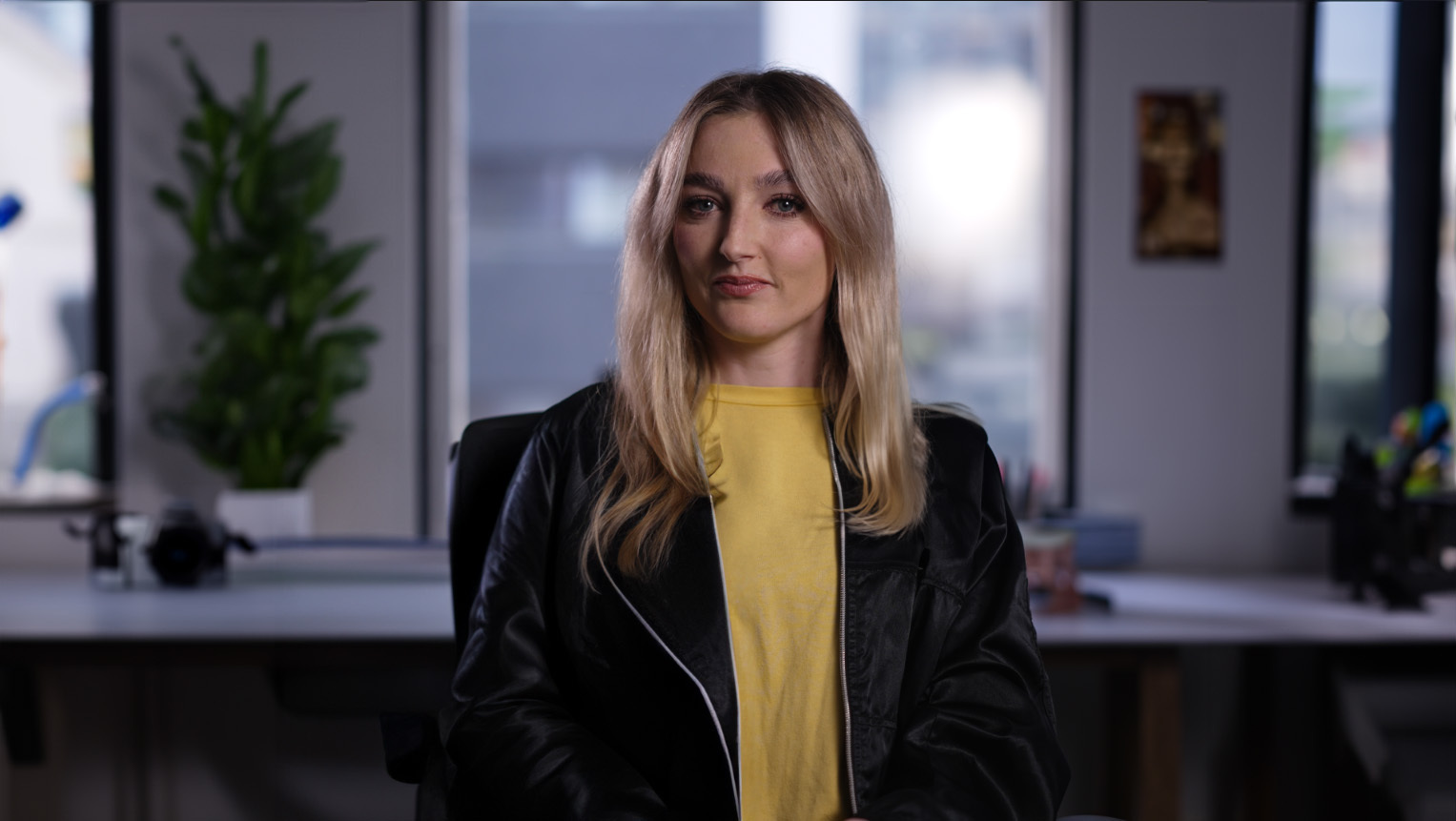AI is here to stay
No matter what industry or sphere you find yourself in, it’s not long these days before the topic of artificial intelligence emerges. The rise of any new technology involves emulating human behaviour one way or another, but in the case of AI, by definition it’s more akin to emulating human thought. So, does this present challenges that we as a workforce and society have not yet faced?
Maybe we are in unprecedented times… but cast your mind back in the history books to the invention of the printing press, a technology that empowered the masses with access to knowledge and information in a way that had never been seen, or likely even imagined. At the same time as spreading truth and good ideas, the reality is that the printing press was also a platform for mass-misinformation, hate-speech and propaganda.
Likewise, the advent of the car made access to resources like lifesaving emergency medical care readily available, but ironically also created a road death-toll that continues to claim a staggering number of lives across the world every single day.
Later came the internet, which among many uses, gave voice to the plight and opinions of millions who were otherwise largely without a global platform to be heard, but it also created an unregulated free-for-all, making new space for exploitation and some of the darkest impulses of humanity to go unchecked.
The classic battle: good vs evil
The truth is, we as people can be unimaginably kind and innovative, but also unimaginably cruel and selfish, and the tools that we use to facilitate our intentions are just that: they’re tools. They are neutral. Yes, AI presents unprecedented challenges, but in their own way so have each of the many technological advances that have preceded it.
So what’s in it for us?
In a practical sense, before now, if we encountered a photo, voice-recording or video of someone we recognise, the assumption was it was legitimately them – but that is quickly changing. This could have hugely positive implications for convenience, budgets, and content creation, but hugely negative implications for things like defamation, misinformation, or evidence in court. It’s undeniable that the potential for both good and bad is vast.
Spot the difference. It took my colleague mere moments, using AI, to whip up some set decorations that we didn’t have time for on the day of this shoot.
Before

After

When it comes to creativity and communications, AI means we can achieve things that were previously impossible. Requests that we in the video production space might have previously rolled our eyes at like –
“Can you make my terrible audio recording sound like a podcast studio?”
or “Can you just make the CEO say something different?”
or “Can you ‘photoshop’ my absent colleague into the video by lunchtime?’”
– are actually beginning to look feasible.
Impossible tasks will be possible, some jobs will become redundant, new jobs will be created, productivity will rise, and large volumes of information will be instantaneously produced [or condensed]. Some people will use AI to cut corners, others will leverage it to go further than we ever could have without it. My sincere hope is that artificial intelligence will create space for deeper human thought and innovation, rather than replace it.
Where to from here?
Like it or not, AI is here to stay and now is the time to step up and help shape whether that looks beautiful or ugly for humanity. It’s time to prepare ourselves – as an agile workforce, as creative individuals, as a legislated society and a morally rich community, to tackle these challenges, because AI isn’t evil, it’s whatever we want it to be.
I’m Rachel Hogan, Producer-Director at Rocket Productions in Sydney Australia, I’m not married to my ideas. Please feel free to change my mind or just add your thoughts into the mix.
